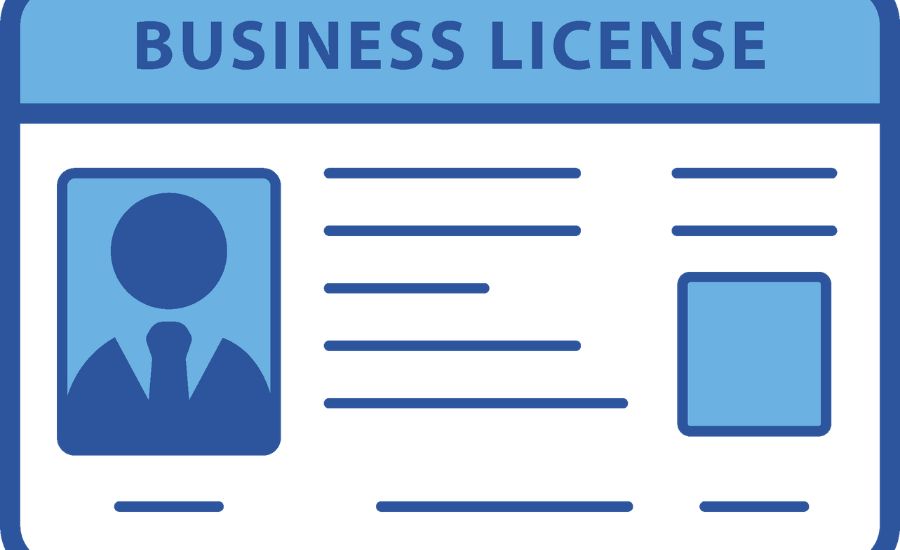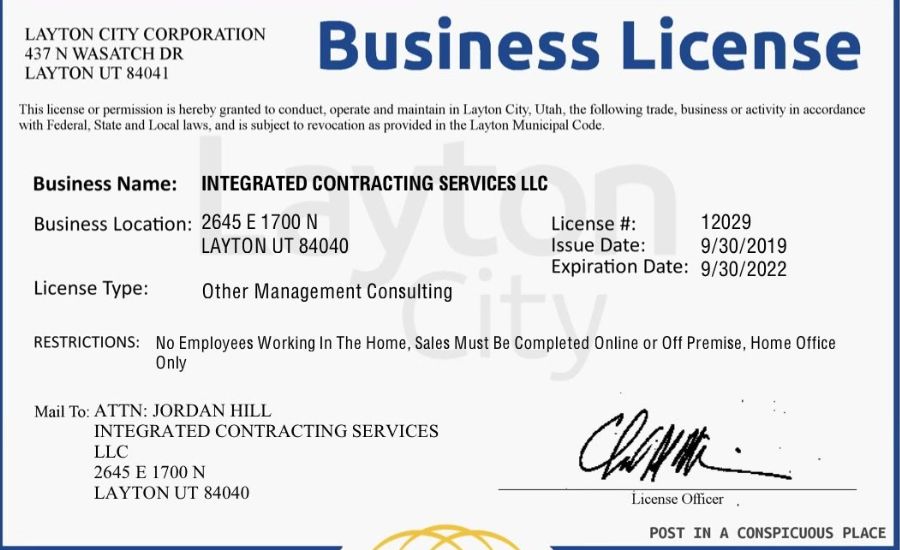A business license is an official permit that allows you to operate your business legally. It tells the government that your business meets local laws and regulations. Getting a license is an important step in starting a new business.
Business licenses vary by location and type. Some small businesses need only a basic license, while others may require special permits. It is crucial to check your local requirements to ensure compliance.
In this blog, we will navigate the complex world of business licenses and permits, and explore why they are an essential part of running a successful business.
Identifying the Types of Licenses and Permits Needed

Identifying the types of licenses and permits needed is vital for any business. Start by checking local laws that apply to your specific industry. This will help you understand what is required before beginning the company registration process.
Some businesses may need a general business license. Others might need special permits for activities like health or safety. Researching early can save you time and help you avoid fines later.
Navigating Local, State, and Federal Regulations
Navigating local, state, and federal regulations can be tricky for new business owners. It’s important to know the different rules for your area and industry. Make a list to stay organized and ensure you don’t miss anything important during the company registration process.
Local laws may include zoning rules and health codes. State rules can cover taxes and employment laws. Understanding these rules helps keep your business running smoothly and legally.
The Application Process for Business Licenses and Permits
The application process for business licenses and permits can be straightforward. First, gather all necessary documents. This may include your identification, tax information, and any relevant business plans.
Fill out the application form carefully. Be sure to provide accurate information to avoid delays. Some applications may require additional steps, such as background checks or inspections.
Renewing and Maintaining Compliance
Renewing your business license is very important. Most licenses need to be renewed every year or every few years. Make sure to check the renewal date and submit your application on time.
Maintaining compliance means following the rules all the time. This includes keeping records and paying any necessary fees. Regularly review your business practices to ensure you are still following local, state, and federal laws.
Seeking Professional Guidance
Seeking professional guidance can help you navigate the company’s business registration process. Experts can offer valuable advice tailored to your specific needs. They can also save you time and help you avoid mistakes that could cost you later.
When it comes to business taxation, getting advice on various tax issues is crucial. Professionals can explain complex rules and guide you in staying compliant. This allows you to focus on growing your business while ensuring everything is in order.
The Importance of Business Licenses

In conclusion, understanding business licenses is crucial for anyone starting a new venture. Having the right licenses protects your business and keeps it running smoothly. Stay informed about local laws and take action to maintain your compliance.
By staying on top of your licenses, you will avoid unnecessary problems. Regularly check for renewal dates and necessary documents. With the right approach, you can focus on growing your business confidently.
Check out our blog for more informative content if you find this article helpful.
